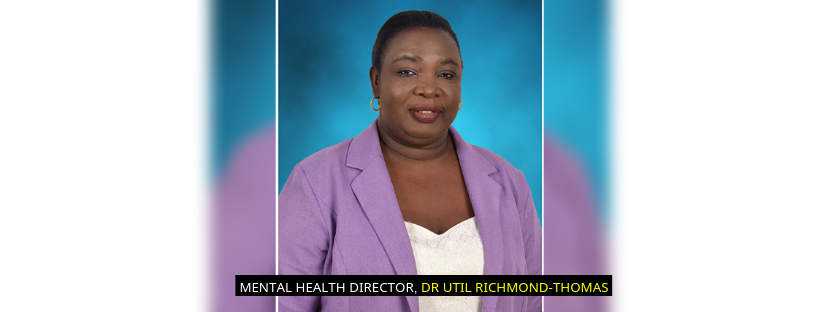The Ministry of Public Health’s Mental Health Unit will next month launch three support groups to help persons struggling with depression and substance and alcohol misuse, Dr Util Richmond-Thomas, the Unit’s Director, has announced.
Dr Richmond-Thomas explained that the support groups will help provide confidentiality, shared experiences, and social interaction for group members in need of mental health support.
“Support groups are additional sources of encouragement for persons with mental health issues across Guyana and will assist in empowering those individuals to improve difficult areas,” she explained.
The Mental Health Unit Director said the three support groups – depression, narcotics and alcohol – when operational will work five days per week, three hours each day (5 pm – 7 pm) out of the Unit’s Quamina Street, Georgetown headquarters.
Each group will function for 12 weeks.
The Mental Health Unit has already trained 20 professionals to manage the support groups to provide depression, anxiety, substance misuse, and trauma counselling which will function as a bridge between medical and emotional needs.
For Richmond-Thomas, self-harm and substance abuse are two major concerns among Guyanese.
“Self- harm occurs as a result of social stigma and discrimination, which can worsen mental health problems and prevent persons from receiving the help they need. Many individuals who suffer from mental health conditions may have experienced substance abuse disorders,” Dr Richmond-Thomas explained.
She said participants will benefit through practical feedback about treatment options, increased knowledge about health, social and economic resources, and will improve their coping-skills to handle their individual life’s challenges.
Historically, mental health problems have continually attracted social stigma which have affected the financial, emotional and social stability of patients, she emphasised.
The Ministry of Public Health has planned visits to far-flung hinterland areas to provide mental health treatment to those in need. The mental health specialist said substance misuse is prevalent in hinterland communities due to the lack of economic and social activities in those areas.
Regular exercise, relaxation and healthy eating are some coping strategies to help achieve positive mental health and well-being, Dr Richmond-Thomas said.













